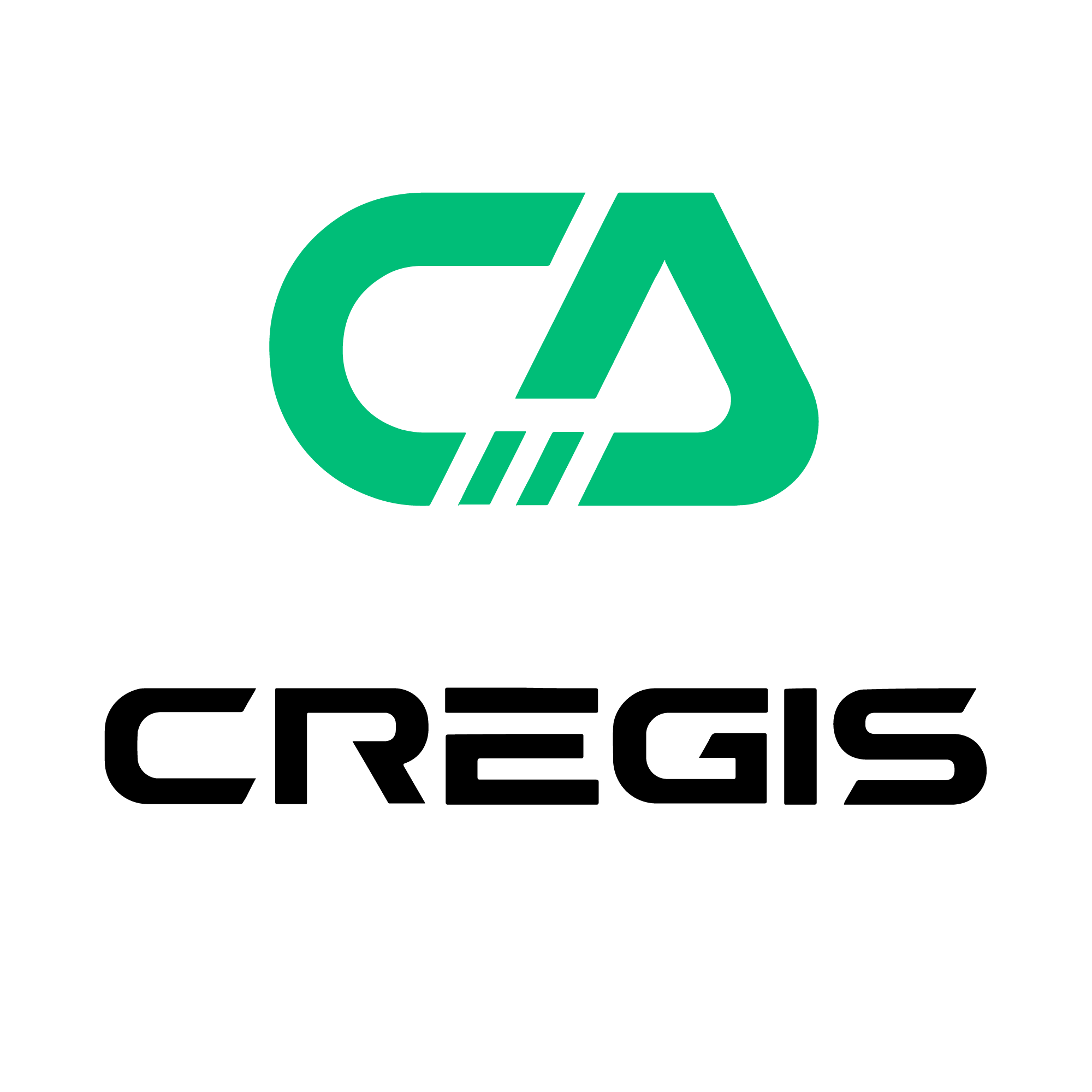Introduction: Blockchain Has Become a Business Imperative
Once seen as a speculative innovation, blockchain technology has evolved into a foundational pillar for modern enterprises. Much like the arrival of personal computers in the 1970s or the rise of the internet in the 1990s, blockchain now represents a new wave of technological transformation. Forward-thinking businesses are increasingly exploring blockchain not only to keep up with competitors—but also to unlock real, long-term value.
From cost reduction and operational efficiency to trust, security, and market expansion, blockchain delivers practical benefits across industries. As adoption matures, companies that integrate blockchain into their digital strategies will be better positioned to compete in a rapidly changing economy.
Why Now? Blockchain as a Competitive Necessity
Enterprise adoption of blockchain is accelerating—not just due to hype, but because the cost of doing nothing is rising.
Today’s business leaders understand that blockchain:
- Enables new, trusted digital relationships across networks
- Offers competitive advantages in transparency and efficiency
- Reduces reliance on intermediaries for verification and coordination
Like past technological shifts, fear of missing out (FOMO) is a motivator—but blockchain is proving its business case in real deployments. As the technology becomes more refined and accessible, enterprises are moving from pilot projects to production-grade systems that reduce IT costs, streamline processes, and support innovative business models.
Key Business Benefits of Blockchain Technology
1. Cost Reduction
Blockchain removes the need for intermediaries like brokers or verification agencies. By replacing manual reconciliation processes with automated, shared ledgers, businesses can lower transaction and compliance costs.
2. Faster Processes
Smart contracts and distributed ledgers accelerate e-commerce, finance, and supply chain operations. Blockchain enables real-time settlement, data verification, and automated decision-making.
3. Market and Network Expansion
Blockchain allows businesses to expand into new customer segments and form trusted partnerships without the need for centralized authorities. Peer-to-peer systems and digital trust frameworks reduce onboarding friction.
4. Improved Trust and Security
Blockchain’s built-in cryptography, tamper-resistance, and decentralized control provide a trusted environment for data exchange, helping to prevent fraud and reduce risk exposure.
5. Privacy and Data Integrity
Enterprises benefit from privacy-preserving mechanisms such as zero-knowledge proofs and selective disclosure. Blockchain ensures that sensitive business data remains secure yet verifiable.
Blockchain Applications Across Key Industries
Smart Contracts
One of blockchain’s most transformative business applications, smart contracts automatically execute agreements based on pre-defined conditions—facilitating everything from payments and service delivery to identity access and compliance workflows.
Supply Chain and Logistics
Blockchain enhances traceability and transparency, giving businesses real-time visibility into product movements, reducing counterfeits, and improving compliance. Small suppliers, farmers, and logistics providers can participate in transparent ecosystems without costly tech integrations.
Banking, Payments, and DeFi
Blockchain is disrupting traditional finance by:
- Powering digital currencies and asset transfers
- Enabling decentralized finance (DeFi) services like lending and insurance
- Creating faster, cheaper alternatives to cross-border payments
Healthcare
Blockchain improves patient privacy, secures medical records, and enables safe sharing of genomic and clinical data across systems. It supports research while protecting individual confidentiality.
Government and Legal Services
Blockchain enables digital identity, electronic voting, secure document transfers, and transparent regulatory filings—improving trust and reducing bureaucracy in public services.
Emerging Use Cases: Innovation Through Blockchain
Tokenization of Assets
Real estate, industrial equipment, carbon credits, digital collectibles—blockchain can tokenize nearly any asset, improving liquidity, traceability, and access to global markets.
Cybersecurity and IoT Integration
Blockchain enables secure machine-to-machine communication, authenticates IoT devices, and protects distributed systems from tampering or unauthorized access.
Decentralized Storage and Infrastructure
Peer-to-peer blockchain storage networks are emerging as resilient alternatives to traditional cloud storage, offering data redundancy and user-controlled access.
Real-World Example: Walmart Canada’s Freight Invoicing with Blockchain
Walmart Canada implemented a blockchain-based freight invoicing system that uses smart contracts and IoT data to automate payments and reduce reconciliation disputes.
Here’s how it works:
- Carriers and Walmart Canada share shipment data on a blockchain network
- Smart contracts define terms and automatically generate invoices upon delivery
- IoT sensors provide real-time updates during transit (e.g., location, temperature)
- Once conditions are met, pre-approved payments are triggered automatically
- All parties work from the same dataset—eliminating disputes and inefficiencies
This example demonstrates blockchain’s power to streamline multi-party logistics, cut costs, and improve cash flow visibility.
Conclusion: Blockchain’s Role in the Future of Enterprise
Blockchain is no longer experimental—it’s becoming a critical infrastructure layer for digital business. While challenges remain around scalability, regulation, and integration, enterprise adoption is steadily increasing.
The future of blockchain in business is pragmatic—not replacing entire systems, but augmenting specific pain pointswith transparent, secure, and decentralized solutions. As interoperability improves and industry standards mature, blockchain will become a key enabler of digital trust, efficient collaboration, and global market access.
Organizations that act now—adopting blockchain as part of their broader digital transformation—will lead in resilience, innovation, and competitiveness.
About Cregis
Founded in 2017, Cregis is a global leader in enterprise-grade digital asset infrastructure, providing secure, scalable and efficient management solutions for institutional clients.
Built to solve the challenges of fragmented blockchain systems and asset security risks, Cregis delivers MPC-based self-custody wallets, WaaS solutions, and Payment Engine, featuring collaborative asset control and a compliance-ready ecosystem.
To date, Cregis has served over 3,500 institutional clients globally. Our solutions empower exchanges, fintech platforms, and Web3 enterprises to adopt blockchain technology with confidence. Backed by years of proven expertise in blockchain and security, Cregis helps businesses accelerate their Web3 transformation and unlock global digital asset opportunities.

